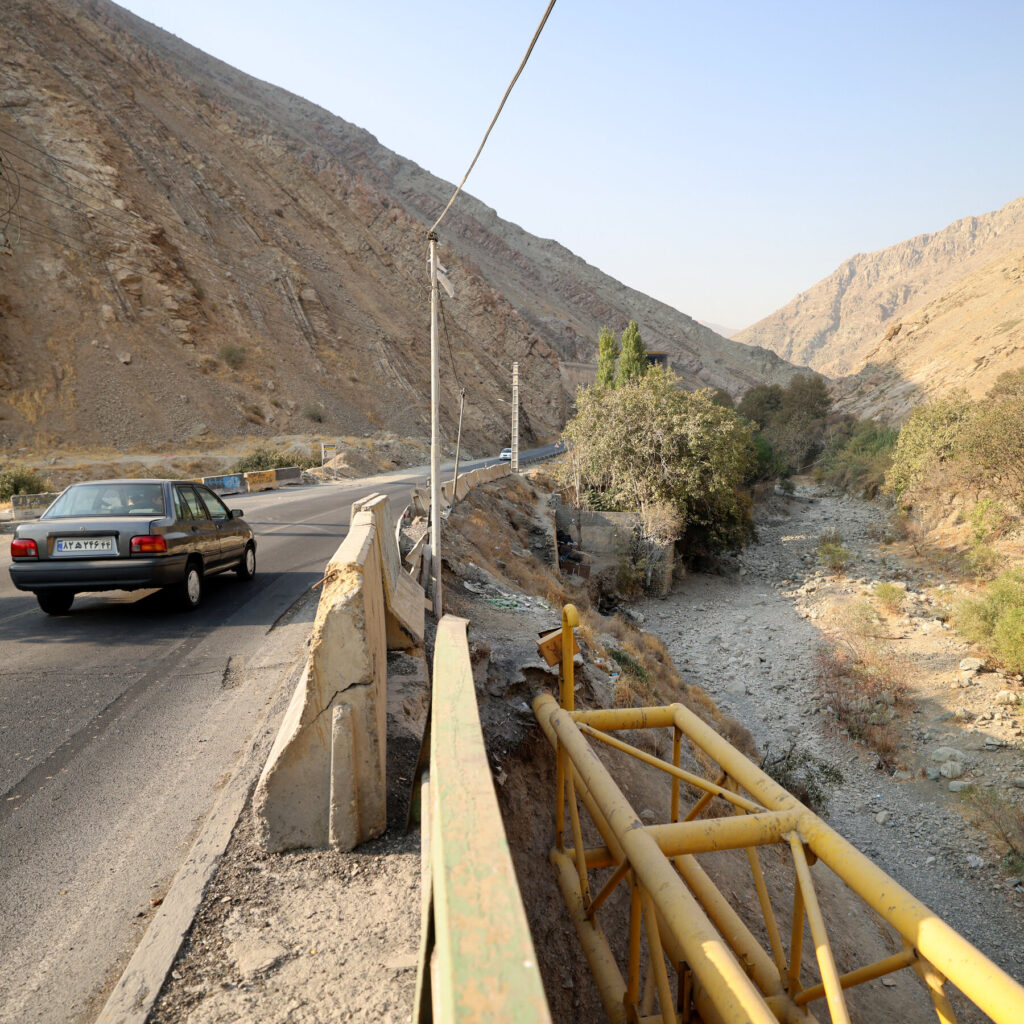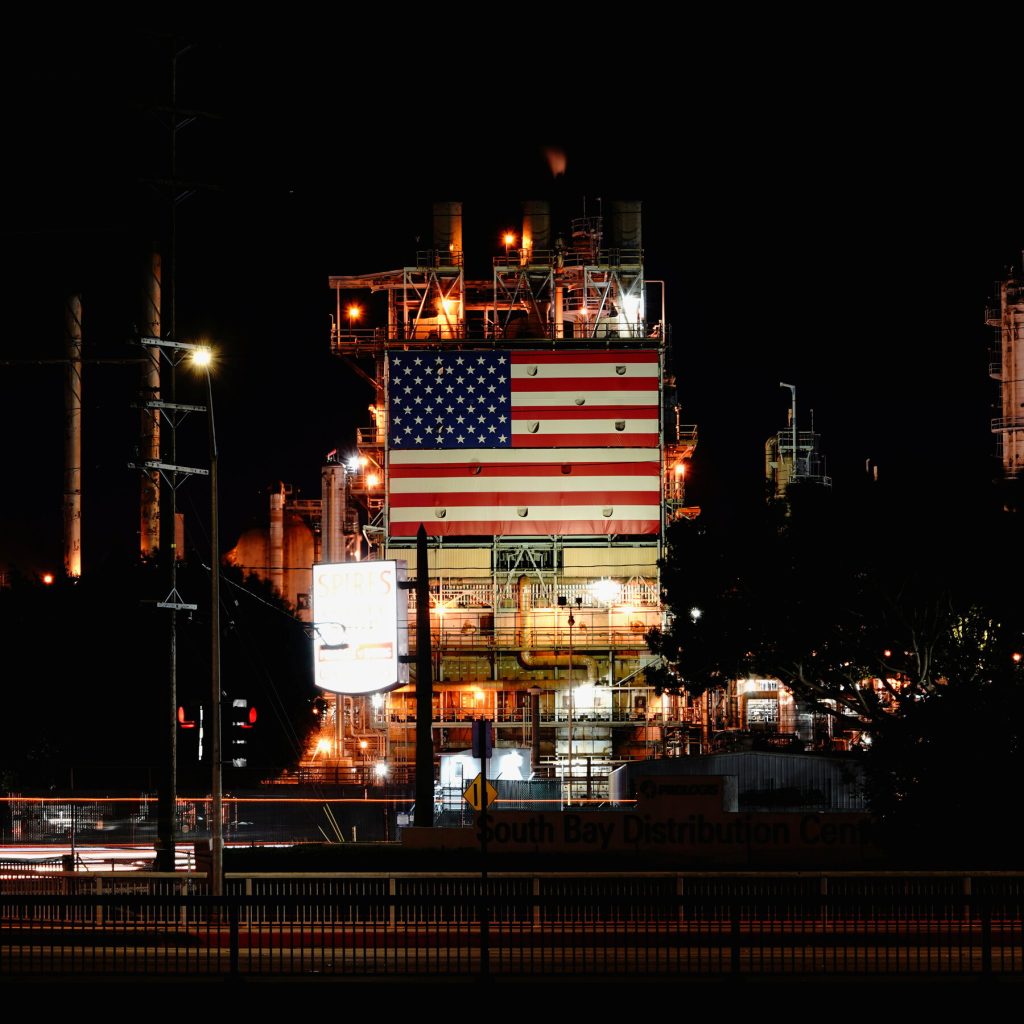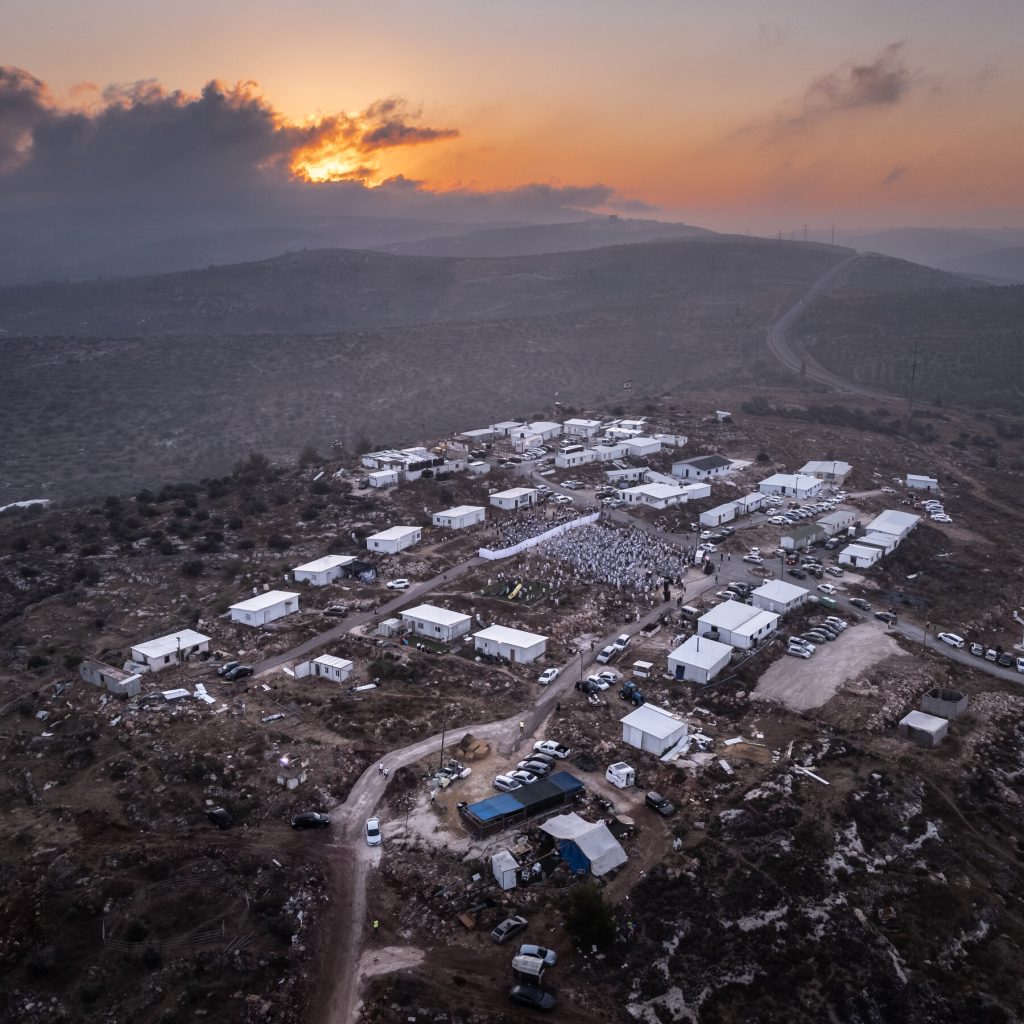Tehran Cuts Water Use and Braces for Possible Evacuation as Drought Drains Aquifers

Iran is confronting the most severe drought in six decades, and the capital city of Tehran has been forced to impose strict water‑rationing measures while officials warn that an evacuation could become a reality if the situation worsens. President Ebrahim Raisi, speaking at a televised briefing, said the relentless heat and dwindling rainfall have pushed the country’s main aquifers to critically low levels, threatening the supply of drinking water for millions of residents. “If we cannot secure enough water for the city, we may have to consider relocating people to safer areas,” he warned, adding that the government is preparing contingency plans for a possible large‑scale evacuation.
In response to the crisis, Tehran’s municipal authorities have introduced a series of emergency restrictions. Household water use is now limited to 50 litres per person per day, with bans on non‑essential activities such as lawn watering, car washing, and the filling of swimming pools. Public fountains have been turned off, and schools have been instructed to suspend any water‑intensive projects. The city has also begun tapping deeper underground reserves, but geologists caution that the remaining groundwater is being extracted faster than it can naturally recharge.
The drought has sparked anxiety and, in some quarters, bizarre speculation. In neighborhoods across the capital, social‑media posts and local rumors have proliferated about “cloud theft” – a conspiracy theory that suggests foreign powers or hidden domestic agencies are siphoning away the region’s clouds to sabotage Iran’s weather. Some residents have organized prayer vigils, asking divine intervention to bring rain, while others have taken to the streets demanding that the government investigate the alleged “cloud‑stealing” operations. Scientists dismiss the claims as unfounded, explaining that cloud formation is a natural atmospheric process that cannot be stolen, and they emphasize that the real problem lies in over‑extraction of water and climate‑change‑driven shifts in precipitation patterns.
International observers note that Iran’s water woes are part of a broader regional trend, with neighboring countries also grappling with shrinking rivers and receding groundwater. Experts suggest that long‑term solutions will require a combination of modernizing irrigation, investing in water‑recycling infrastructure, and adopting stricter controls on agricultural water use, which accounts for the bulk of the nation’s consumption.
For now, Tehran’s residents must adapt to daily water quotas and hope for a change in the weather. As the city’s reservoirs continue to shrink and the aquifers dip deeper, the specter of a forced evacuation looms large, underscoring the urgent need for sustainable water management in Iran’s capital.




